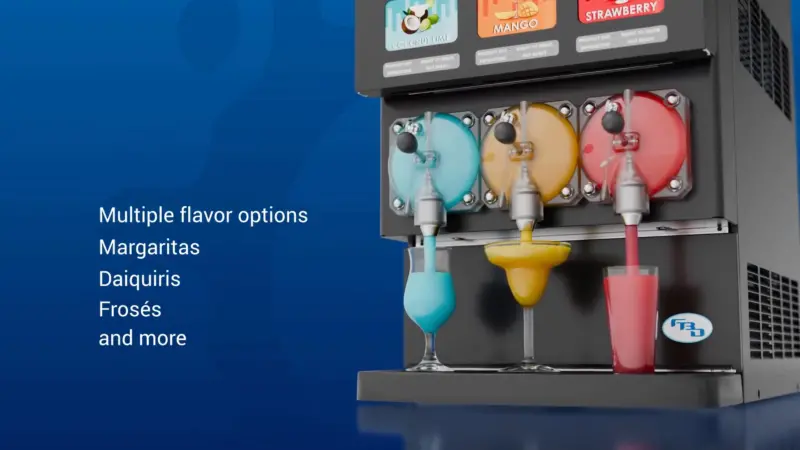The Growth of Ghost Kitchens in the Restaurant Industry
Necessity-meeting technology played a vital role in the rapid acceleration of ghost
kitchens during the COVID-19 pandemic. The global market size of ghost kitchens grew
to 56.71 Billion dollars in 2021, and the industry forecasts a 112.53 billion ghost kitchen
market by 2027.
While one can typically find ghost kitchens in dense urban areas, there are over an
estimated 1,500 ghost kitchens in the U.S. Barbara Castiglia of Modern Restaurant
Management, host of The Main Course podcast, wanted an insider’s perspective on the
ghost kitchen phenomenon. She found that insider in Mott Smith. Smith is the CEO &
Co-Owner at Amped Kitchens, which rents monthly permit-ready, private commercial
kitchen spaces with a community of dynamic food makers.
Today, Amped Kitchens operates three buildings in Los Angeles and Chicago, but they
are focused on growth with more areas to come.
“Each of these buildings ranges from fifty to over a hundred thousand square feet with
fifty to sixty kitchens inside,” Smith said. “We solve a problem that has tormented the
restaurant and food industry for many years. There hasn’t been a great solution for
companies that are growing out of either their first facilities, whether that’s a home
kitchen, a shared kitchen, a single location, or brick & mortar restaurant. They’re not
ready to invest in multi-million-dollar facilities.”
Castiglia and Smith’s conversation about ghost kitchens includes…
● Smith’s background and how he came to co-found Amped
● The process for restaurants interested in exploring the possibilities of working
with ghost kitchens
● How ghost kitchens create efficiencies that return more bottom-line dollars to
restaurants for future investing
● Ghost kitchen success stories from some of Amped Kitchen’s restaurant and
food clients
“One of my favorite stories is about a company called 4th & Heart Ghee,” Smith said.
“This is a company that makes Ghee, clarified Indian butter. This company was founded
by two young entrepreneurs who came out of professional jobs. They had beautiful
branding; they were at farmer’s markets; they came to us and operated out of one of our
smallest kitchens. After six months of operating with us, they got a massive order from
an online retailer for ten thousand units. They came to us with this life-changing order
that they wanted to say yes to and wanted to move to a larger kitchen. We were, over a
weekend, able to move them to a larger space.”
Mott Smith has an extensive background in real estate development and wholesale
commercial kitchens. Smith holds a B.A. in Linguistics from UCLA and a master’s in real
estate development from USC. He is a founding member of the California Infill Builders
Federations and an Adjunct Professor for Urban Infill Real Estate Development at USC
Price School of Public Policy.




